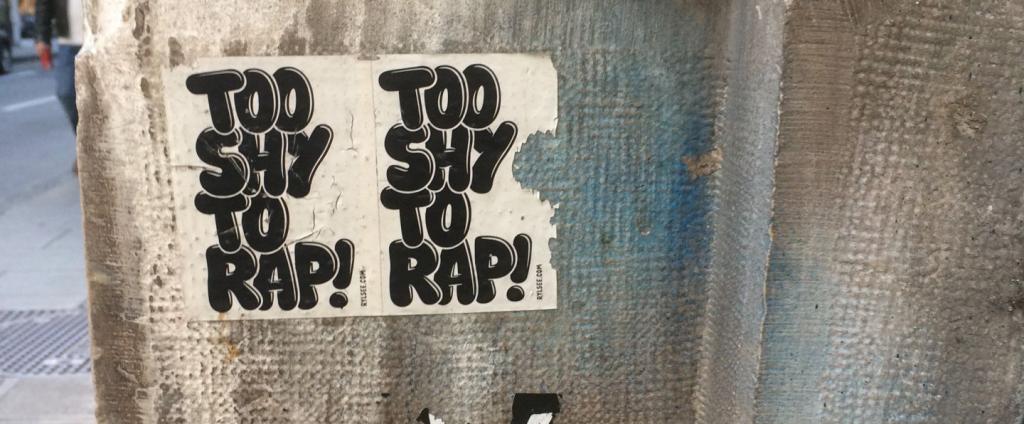Paroma Ghose is a fifth year PhD student in the Department of International History at the Graduate Institute. Her research, "It ain't nothin' but music": A Rap History of the 'Other' in France (1981-2012), captures the cultural and political atmosphere in France during this era. In this interview, Paroma, who recently launched her blog in the Swiss newspaper Le Temps, describes her research and shares her source of inspiration.
What is your research concerned with?
In my research, I use the lyrics of French rap songs as a means of understanding the experience of what I term ‘the other’ in France. My thesis aims to construct a historical narrative around the notion of this ‘other' within the hexagone, in other words, those who consider themselves as part of the French Republic, but to whom the Republic does not reciprocate this loyalty. Rap music in France, I argue, is in some ways a sample representative of this ‘other’, and their lyrics can provide a telescope into both their experience as secondary citizens of a very present nation-state, as well as to their vision of what the Republic should become.
My hypothesis is that, despite an exponential increase in popularity of Rap and its potential as a voice for the disadvantaged youth of France over the years, its rhetoric has landed on largely silent ears in the political system. This is reflected in the fact that the demands made of the French state (and system) by rappers expounding upon their experiences of exclusion have retained an essential continuity between 1981 (the first ‘official’ release of French rap in the country) and the end of Nicolas Sarkozy's time in power in 2012. The nuances of whether this is intentional on the part of the artists, sculpted by the music industry, a self-fulfilling stereotype, or a genuine reflection of stagnant (or deteriorating) social circumstances, will form the core of the discussion of my thesis.
How have you been going about it?
The methodology of my thesis has not only been particular, but also particularly exciting. I had the privilege of being able to engage with the protagonists of my thesis on many levels that historians who work with sources embedded in the further past cannot: I was able to interview a few, attend several concerts, listen to music, watch videos, and read lyrics of a music that I love, all while analysing audio-visual, physical, and lyrical aspects of the corpus of my work.
Nevertheless, both the advantage and the danger of my thesis is that it is a contemporary topic and is constantly unfolding. As a historian, I gave myself certain temporal markers within which to locate my work (1981-2012); nevertheless, it is challenging to both delve into the past in detail, while maintaining an awareness of the present and how it implicates what I write about the ‘before’. As my protagonists (the rappers) are mostly still living, and privy to changing their opinions, words, and narratives. Moreover, what they say about their past words has implications for the way in which these can be interpreted.
What led you to focus on this particular set of issues?
The most crucial influence on my thinking from my childhood has been music, more specifically Rhythm And Poetry, commonly known by its acronym ‘Rap’. Because of its very nature – the space it affords to words, the social background of most of its artists and therefore the themes on which they tend to focus – Rap is a very natural nexus between culture, politics and society. A lot has been written about the history of rap in the United States of America, and very little on that in France, particularly as implicates that important connection between the music and society itself. The connection was ever-present in the lyrics; it therefore remained only a question of how to bring alive those same issues in the written word in a way that made them more palatable to an academic audience. My hope is that my thesis will allow readers to feel the historical weight and nuance of what is being heard on the radio (or what was in the past) and the implications that this might have had on the present.


